Do Chihuahuas Get Along With Other Dogs? Helps & Guide
Chihuahuas, renowned for their pint-sized frames and bold personalities, have captured the hearts of dog enthusiasts worldwide. While these tiny canines often exude confidence, a common question lingers among prospective and current Chihuahua owners: Do Chihuahuas get along with other dogs? Understanding the dynamics of their social interactions is crucial for fostering harmonious relationships in multi-pet households.
In this blog post, we delve into the temperament of Chihuahuas, explore the factors influencing their compatibility with other dogs, and provide valuable insights and tips for successful introductions. Let’s unravel the intricate world of Chihuahua socialization and pave the way for joyful canine companionship.
Understanding Chihuahua Temperament
1. A Spectrum of Personalities:
Chihuahuas, despite their small size, possess a diverse range of personalities. Some Chihuahuas are outgoing and playful, thriving on social interaction with both humans and other dogs. Some people are quiet and reserved, and they feel more at ease in situations and people they know well.
2. Fiercely Loyal and Loving:
One common thread among Chihuahuas is their deep devotion to their loved ones. They form strong bonds with their families and shower them with affection. This loyalty often translates into protectiveness, making them alert and vocal watchdogs, ready to sound the alarm at any perceived threat.
Factors Influencing Chihuahua’s Compatibility with Other Dogs
- Early Socialization: Early socialization plays a crucial role in shaping a Chihuahua’s behavior towards other dogs. Exposing them to various dogs, people, and environments during their critical developmental period helps them learn appropriate social skills and build confidence.
- Size Differences: Chihuahuas are among the smallest dog breeds, which can make them feel vulnerable around larger dogs. Size disparities can also lead to accidental injuries during play. It’s important to monitor interactions between Chihuahuas and larger breeds to ensure everyone’s safety.
- Individual Personality Traits: Each Chihuahua has a unique personality shaped by genetics, upbringing, and past experiences. Some Chihuahuas may be naturally outgoing and friendly towards other dogs, while others may be more reserved or even reactive. Understanding your Chihuahua’s personality can help predict their compatibility with different canine companions.
Tips for Introducing Chihuahuas to Other Dogs
- Start Slowly: Begin by introducing the Chihuahua to one calm and well-socialized dog in a controlled environment. Choose a neutral territory, such as a quiet park or backyard, to minimize territorial behaviors.
- Use Positive Reinforcement: Encourage positive associations by rewarding calm and friendly behavior with treats, praise, and affection. Both dogs should associate each other’s presence with pleasant experiences.
- Keep Leashes Loose: Use leashes to maintain control during initial introductions, but keep them loose to allow dogs to approach each other naturally. Tension on the leash can signal stress or aggression, so aim for relaxed body language.
- Monitor Body Language: Pay close attention to the body language of both dogs. Signs of relaxation, such as loose wagging tails and soft ears, indicate comfort and receptiveness. Conversely, stiff posture, raised hackles, or growling may signal discomfort or aggression.
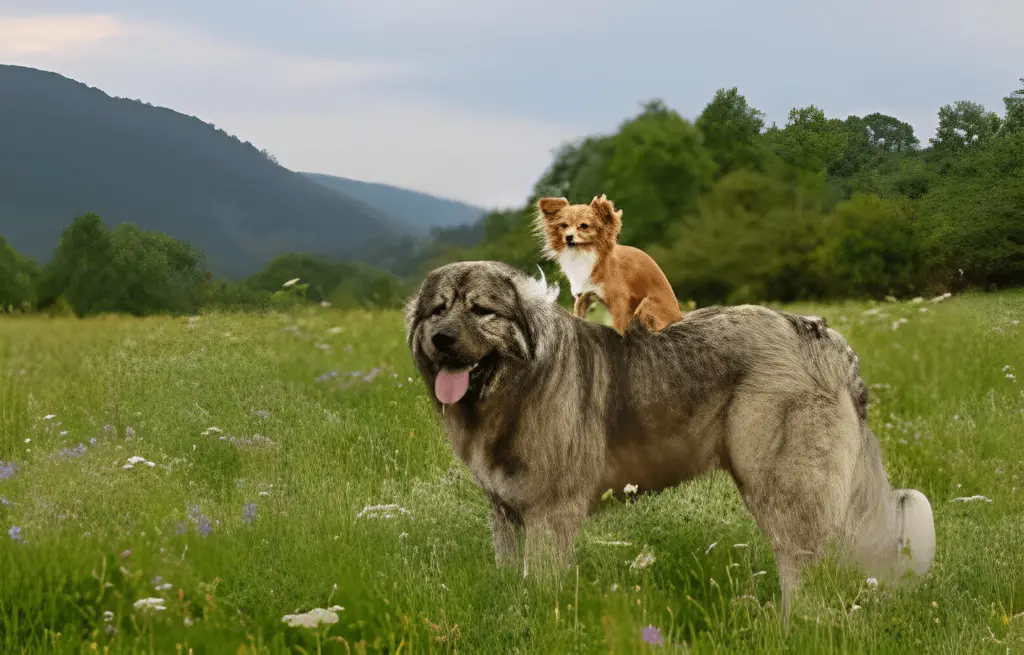
Common Challenges and Solutions
Aggression and Fear Issues:
- Challenge: Chihuahuas may exhibit fear-based aggression towards unfamiliar dogs, especially if they’ve had negative past experiences or lack socialization.
- Solution: Gradually desensitize and counter-condition the Chihuahua to associate other dogs with positive experiences. Use treats, toys, and praise to reward calm and non-aggressive behavior. Consult a professional dog trainer or behaviorist for guidance if aggression persists.
Resource Guarding Tendencies:
- Challenge: Chihuahuas may display resource guarding behavior, such as growling or snapping, when they feel their food, toys, or territory is threatened by other dogs.
- Solution: Implement management strategies to prevent conflicts, such as feeding dogs separately and removing high-value items during group interactions. Use positive reinforcement training to teach the Chihuahua that sharing resources leads to rewards.
Also Read: Do Chihuahuas Get Along With Cats? Helps & Guide
Ultimately
While introducing Chihuahuas to other dogs may present challenges, it’s a manageable endeavor with the right approach. Understanding Chihuahua temperament, considering factors influencing compatibility, and implementing gradual introductions are vital steps towards successful canine relationships. By prioritizing positive reinforcement, patience, and supervision, owners can navigate common challenges like aggression, resource guarding, and attention-seeking behaviors.
Ultimately, fostering harmonious interactions between Chihuahuas and other dogs enriches their socialization experiences and enhances their overall well-being. With dedication and commitment to building positive associations, Chihuahua owners can create a loving and inclusive environment where all dogs thrive.

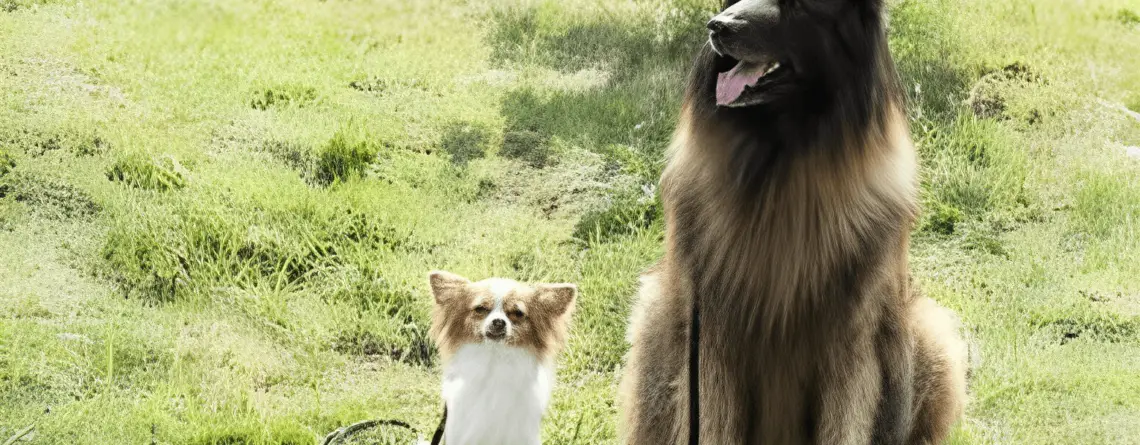
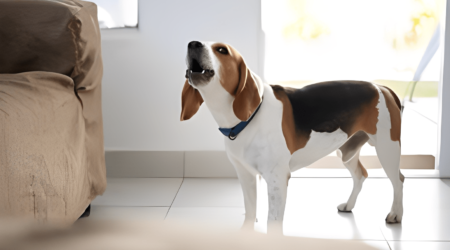
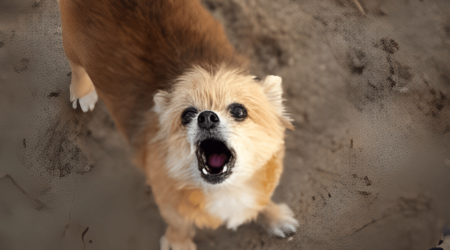
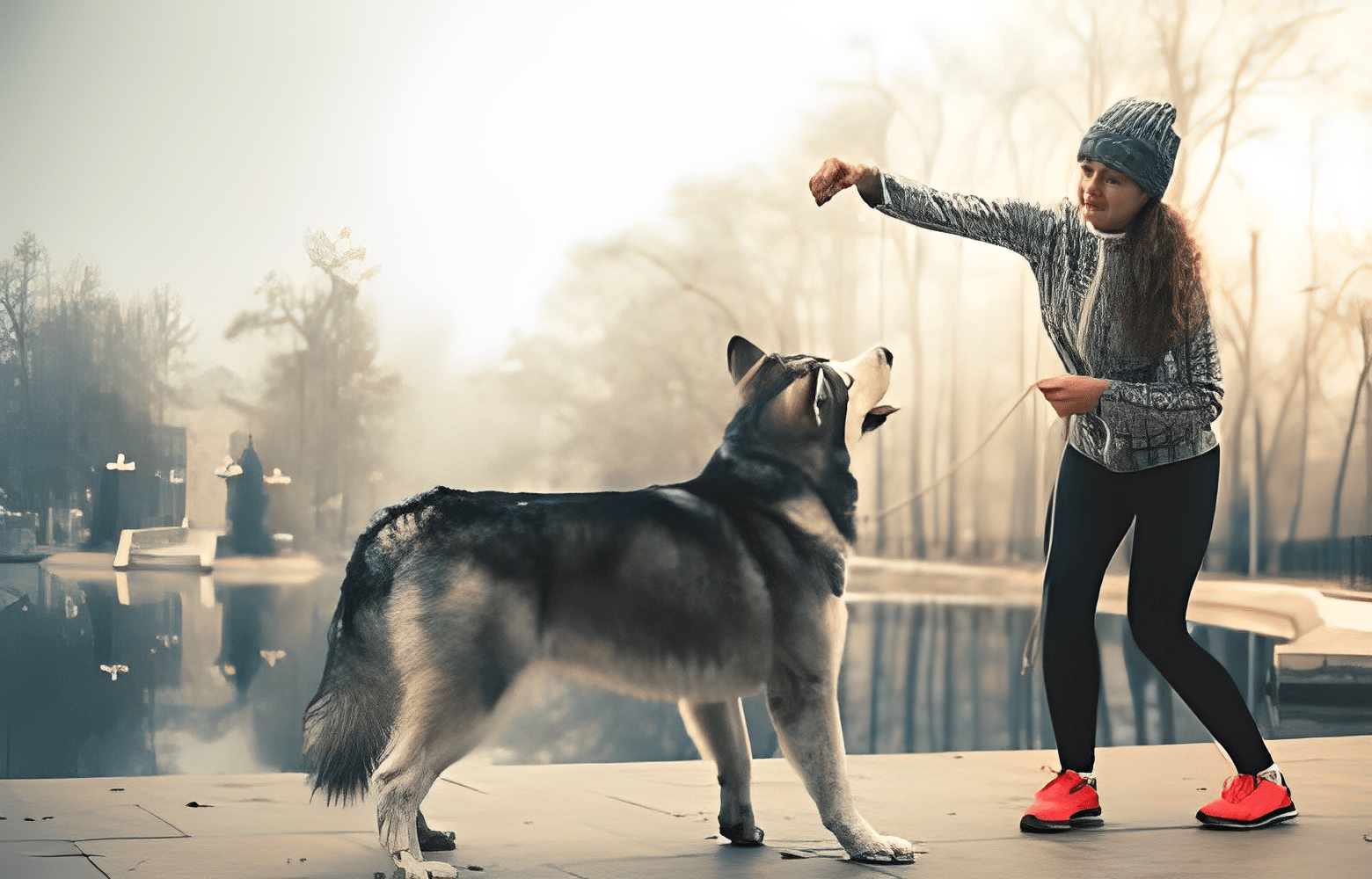
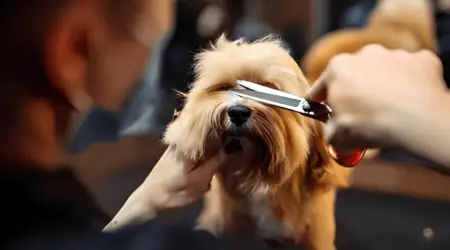
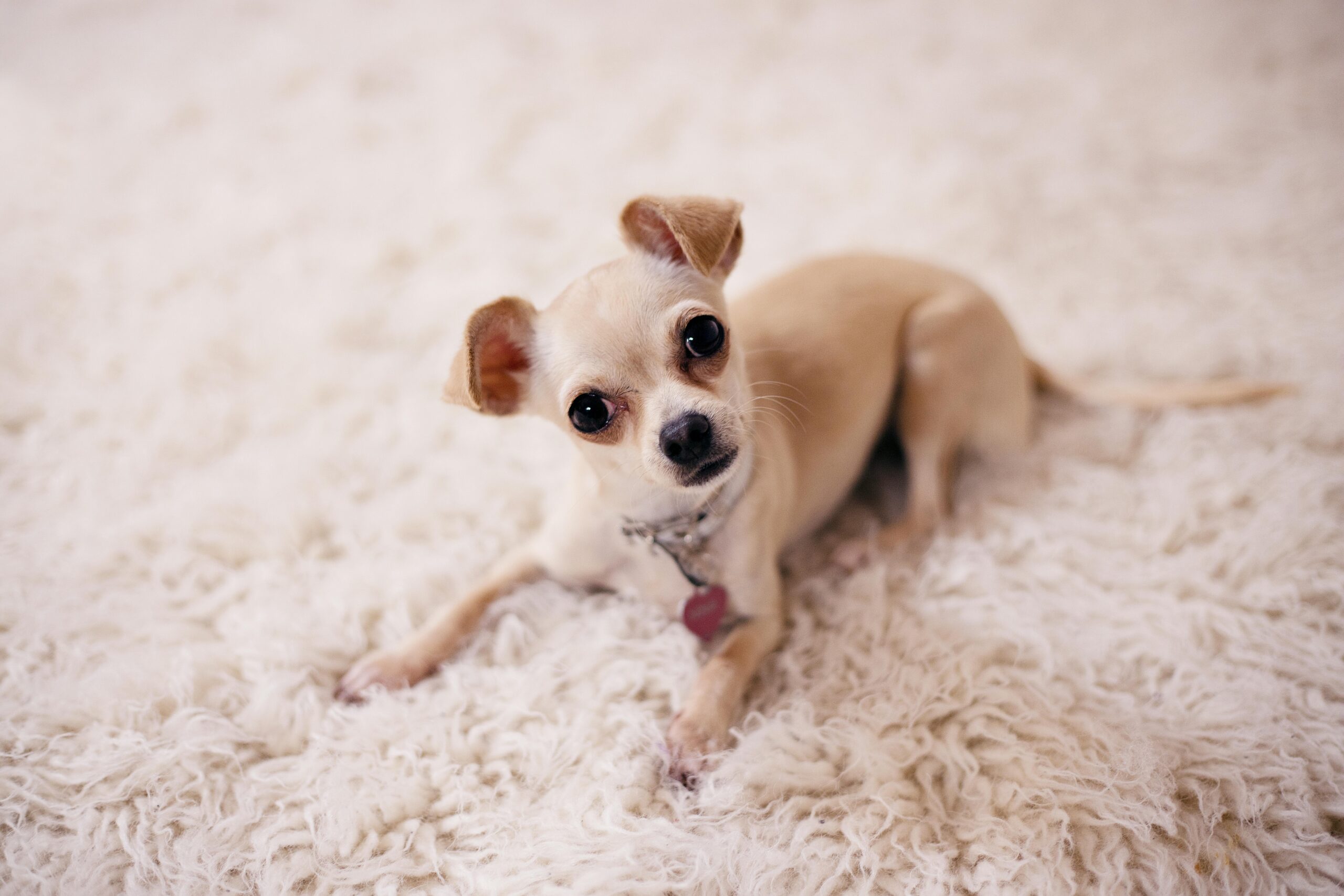

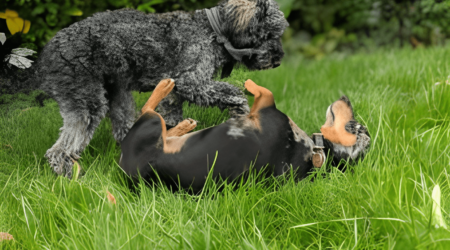
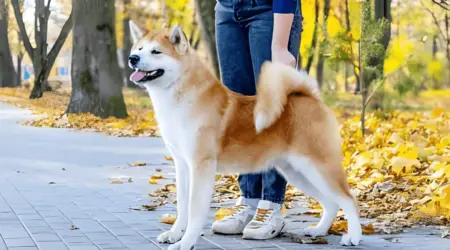

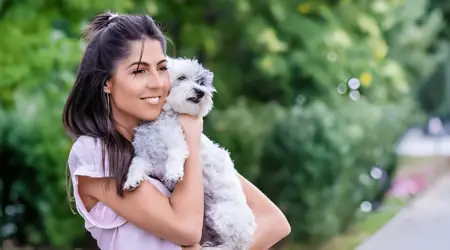
Leave a Reply